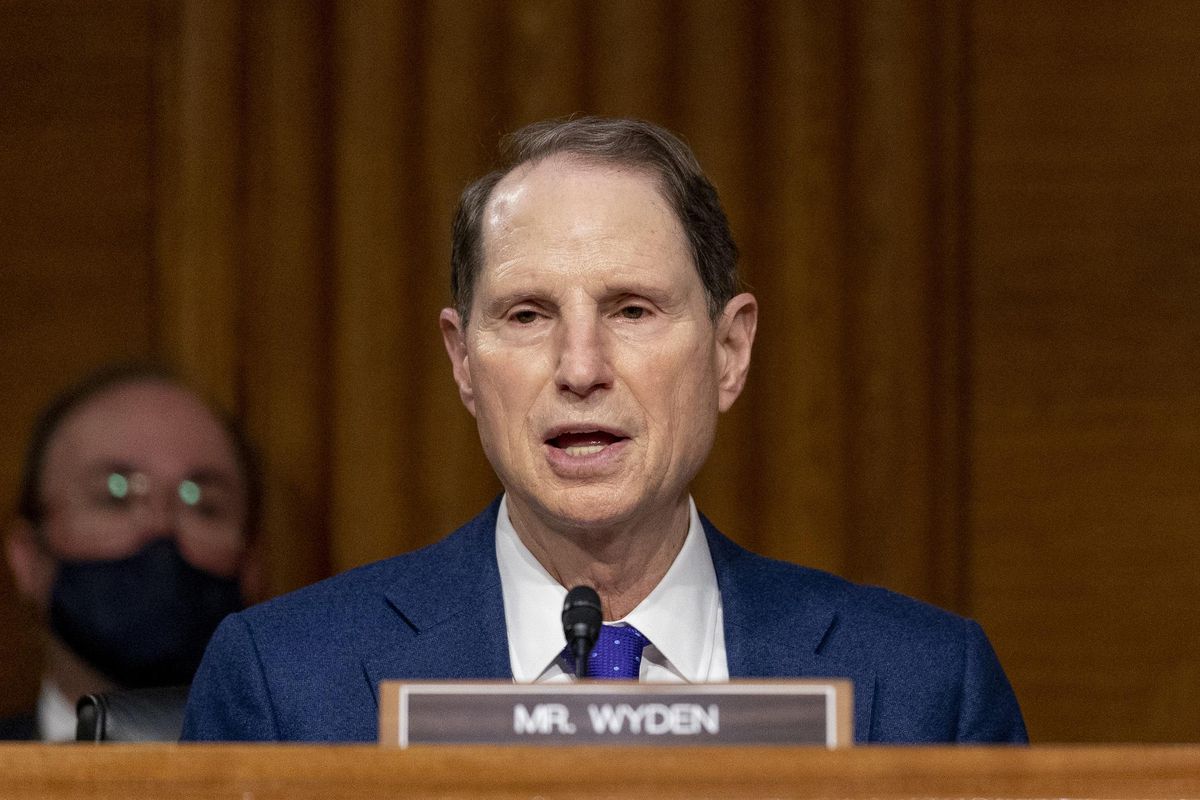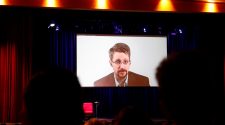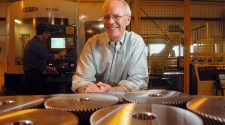Senate Finance Committee Chair Ron Wyden (D-OR) said today climate change tax reform needs to be … [+]
Getty Images
Climate change tax reform shouldn’t favor particular technologies, the Democratic and Republican leaders of the Senate Finance Committee asserted today.
The mantras of no tech “winners and losers” and “technology neutral” in new laws to reduce carbon emissions were employed regularly by Senate Finance Chair Ron Wyden (D-OR), Ranking Republican Mike Crapo of Idaho and other Committee members from both parties at a hearing on the issue.
A host of legislation is floating around the House and the Senate to bring about emissions reductions from everything from promoting conservation to boosting the market share of electric vehicles to energy storage incentives to carbon taxes to increasing carbon capture.
Wyden added to it last week with the Clean Energy for America Act with a set of tax incentives set of three incentives for clean energy, clean transportation, and energy efficiency.
He called the current tax code a hodgepodge of more than 40 tax breaks making the impact of climate change worse.
“There’s a taxpayer subsidy for megastorms and terrible floods along our coastlines and waterways. There’s a taxpayer subsidy for massive wildfires bigger and hotter than any the West experienced decades ago. There’s a taxpayer subsidy for wintertime bouts of extreme cold that send the privileged fleeing to tropical resorts while their neighbors freeze to death in their homes,” Wyden said.
Crapo said energy incentives have the potential to grow the economy and create jobs, if executed properly
“Our tax code should incentivize technology-wide clean energy innovation, helping to bring breakthrough power generation to deployment until they can compete independently in the market,” the Senator said.
He pointed to his proposed Energy Sector Innovation Credit which would implement a credit phasedown system based on market penetration, systematically reducing credits as technologies increase their market share.
He asserted some clean energy technologies that were given tax credits years ago to bring them to prominence have achieved a significant market presence in the U.S., making the tax breaks an inefficient use of taxpayer dollars.
The hearing came on the heels of President Joe Biden’s Earth Day announcement last week of a goal to reduce emissions by 2030 to half of 2005 levels. The Intergovernmental Panel on Climate Change has warned the nation has a decade to make significant progress to curb greenhouse gas emissions.
Investment tax incentives are particularly needed to reduce pollution from heavy duty trucks, asserted Sen. Cantwell (D-WA).
They account for 5 percent of all vehicles, but 23 percent of emissions, she pointed out.
“The technology is there,” the Senator said.
Testifying at the hearing Alex Brill, a scholar at the American Enterprise Institute, a conservative think tank, said raising corporate taxes across the would be at cross-purposes to Biden’s clean energy objectives.
Supporting the Finance Committee’s Democratic and Republican leaders claim that tax policy is a good way to go by being technology neutral, Brill said a carbon tax would be a superior means.
“A carbon tax is technology‐neutral and encourages shifts away from carbon‐intensive sources of energy while encouraging energy efficiency and conservation, and research and development in new technologies,” said the AEI expert.
Promoting electric vehicles domestically wouldn’t reduce carbon emissions globally, Sen. Bill Cassidy (R-LA) contended because of diesel trucks and other intense carbon activities used to mine cobalt for batteries in the Congo and coal that is used to make batteries in China.
During the hearing, Sen. Sheldon Whitehouse (D-RI) said there is a lot of work to get the methane problem controlled which has the potential to generate a lot of jobs.
On another aspect of the problems to reduce emissions, he said, there is not much of an incentive to do carbon capture when dumping it into the atmosphere is free.
Sen. Michael Bennett (D-CO) said studies show electric power cheapest way to reduce carbon emissions. Electricity currently accounts for 30 percent of the pollution.

















